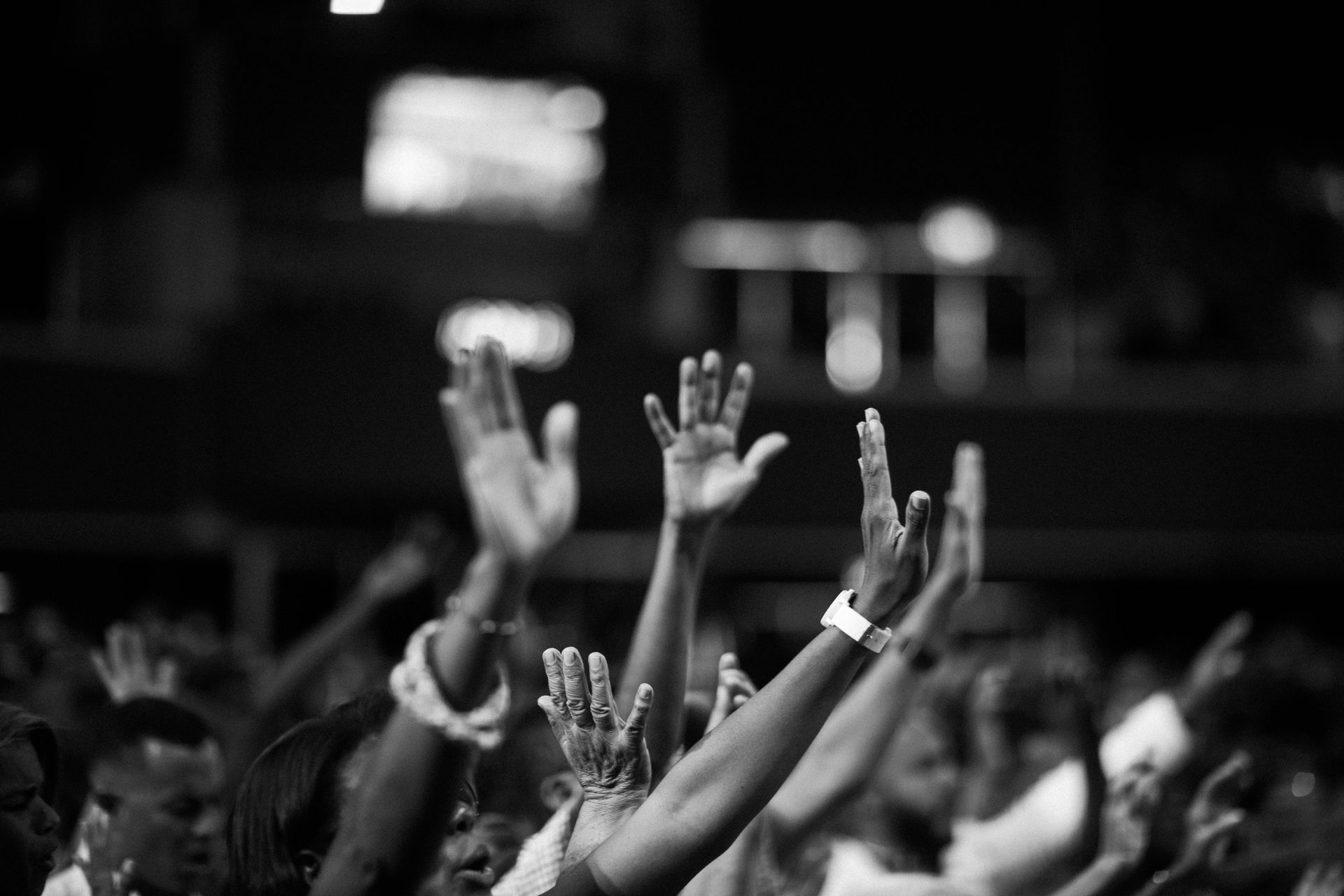Repentance in the Christian Life
Beyond Conversion: Repentance as a Way of Life

Repentance in the Christian Life
For many Christians, the word repentance brings to mind a one-time event—the moment they turned from sin and put their faith in Christ. While that moment is central and life-changing, repentance is not meant to be left at the altar of conversion. Scripture and church history show us that repentance is not only the beginning of the Christian journey, but also a daily practice of walking with God.
Repentance Is More Than an Apology
Biblical repentance is not just feeling bad about sin or saying “I’m sorry.” The Greek word used in the New Testament, metanoia, literally means “a change of mind” that results in a change of direction. It is a turning away from sin and turning toward God.
When Jesus began His public ministry, His first message was simple and powerful: “Repent, for the kingdom of heaven is at hand” (Matthew 4:17, NASB). Notice He was not addressing unbelievers only, but all who wanted to live under God’s reign. Repentance is not merely the doorway into faith—it is the pathway of discipleship.
Why Christians Still Need Repentance
Some may ask, “If I’ve already been forgiven, why do I still need to repent?” The answer lies in the nature of our relationship with God. Forgiveness at salvation cancels the debt of sin, but repentance keeps our fellowship with God alive and unhindered.
John wrote to believers:
“If we confess our sins, He is faithful and righteous to forgive us our sins and to cleanse us from all unrighteousness.” (1 John 1:9, NASB)
Repentance is not about earning salvation—it’s about living in the light of grace. It’s a continual realignment of our hearts with God’s will. Just as we regularly clean our homes or recalibrate our tools, repentance clears away the clutter of sin that tries to creep back in.
Voices from Church History
Throughout church history, Christians have emphasized the importance of repentance after conversion. Martin Luther’s very first thesis nailed to the Wittenberg door declared: “When our Lord and Master Jesus Christ said, ‘Repent,’ He intended that the entire life of believers should be repentance.”
For the early Pentecostals, repentance was also central—not just as an entry point to salvation but as part of Spirit-filled living. Testimonies from revival meetings often described believers confessing sins, seeking reconciliation, and experiencing renewed joy and power.
What Repentance Looks Like Daily
Living a life of repentance doesn’t mean living in constant guilt. It means walking in humility, honesty, and readiness to turn back to God whenever we drift. Here are some ways this looks in practice:
- Self-Examination – Like David praying, “Search me, O God, and know my heart” (Psalm 139:23), we invite God to reveal where we need to change.
- Confession – Speaking honestly to God (and sometimes to others) about our sins, without excuses.
- Turning Away – Making deliberate choices to break with sinful patterns.
- Turning Toward – Pursuing obedience, holiness, and the Spirit’s leading.
This rhythm of repentance leads not to despair, but to freedom. Repentance doesn’t chain us down—it releases us into deeper intimacy with Christ.
Repentance and Renewal
Repentance is at the heart of every true revival. Whenever God renews His people, He first calls them to repent. From the prophets of the Old Testament to the preaching of John Wesley and the Pentecostal awakenings of the 20th century, repentance has always been the spark that ignites renewal.
If we want fresh outpourings of the Spirit in our churches and communities today, we cannot skip repentance. It is the soil where holiness grows, and the doorway to revival power.
A Life of Turning Back
Repentance is not something we outgrow; it is something we grow into. Every time we stumble, every time pride creeps in, every time we drift from God’s presence, we have the opportunity to turn back. And every time we do, we find not condemnation, but grace.
As James 4:8 reminds us: “Draw near to God, and He will draw near to you.” Repentance is the act of drawing near—again and again—until the day when sin is no more and we are fully with Christ.
So let us not see repentance as a burden, but as a gift. It is God’s invitation to stay close, to walk in His light, and to live in the freedom of ongoing renewal.


